Naturalised Americans Face Growing Uncertainty Under Trump’s Reforms
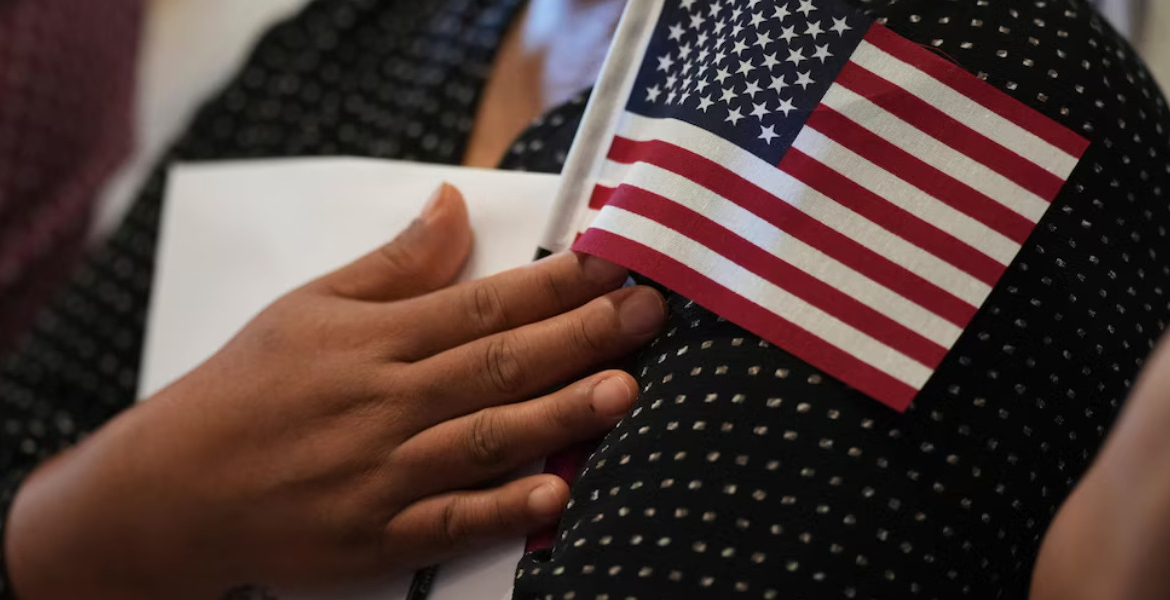
Naturalised Americans are voicing renewed concerns about whether their citizenship still offers reliable protection amid recent shifts in US immigration policy.
For many immigrants, naturalisation once marked a decisive commitment to the United States and a secure legal standing. Dauda Sesay, who fled Sierra Leone’s civil war and spent nearly a decade in a refugee camp before resettling in Louisiana, recalls believing he fully belonged when he took the oath of allegiance.
Now an advocate for refugee integration, he says many naturalised citizens feel uncertain about the stability of their status. That unease has grown as President Donald Trump advances measures aimed at reshaping the immigration system.
Proposals to limit birthright citizenship and expand deportations have prompted concern even among citizens who believed their status could not be questioned. Reports of naturalised citizens facing scrutiny at borders, being detained during enforcement operations, or becoming involved in legal disputes have added to those fears.
Sesay says he now carries his passport when travelling within the country, despite holding a valid REAL ID. An announcement by the Justice Department that it would increase efforts to denaturalise individuals considered criminal or security risks has further unsettled communities.
The climate has also been affected by high-profile instances, including Trump’s threat to revoke the citizenship of Zohran Mamdani, New York City’s mayor-elect, who became a citizen as a young adult. Although such actions remain rare, they have heightened the perception that citizenship can be challenged for political reasons.
Community leaders report that the current level of anxiety is unusual. In New Mexico, state senator Cindy Nava, previously undocumented before receiving DACA protection and later citizenship through marriage, says naturalised citizens who once felt secure are now expressing doubts.
She notes that she had not previously seen this group express fear about the permanence of their status. The sense of vulnerability also draws on historical precedent. Stephen Kantrowitz, a history professor at the University of Wisconsin–Madison, points out that the US Constitution did not originally define citizenship, leaving its boundaries to be shaped over time. Early laws, including the
Naturalization Act of 1790, limited citizenship to “free white persons.”
Later legislation and constitutional amendments broadened access, though racial exclusions persisted well into the 20th century. The Immigration Act of 1924, for example, barred Asian immigrants from naturalisation until reforms in 1952 and 1965 removed such restrictions.
Citizenship has been withdrawn in previous eras. In 1923, the Supreme Court’s decision in U.S. v. Bhagat Singh Thind revoked the naturalisation of Indian immigrants on racial grounds. During the Second World War, Japanese Americans, many of them citizens, were forcibly interned. According to Kantrowitz, political authority has at times decided that certain individuals or groups are not entitled to citizenship.
Sesay describes a growing disconnect between the values he embraced when pledging allegiance and the present political climate. He says the shift in attitudes has left him questioning whether the country he committed to still reflects the ideals he believed in.

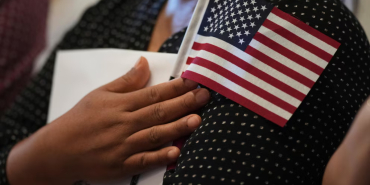
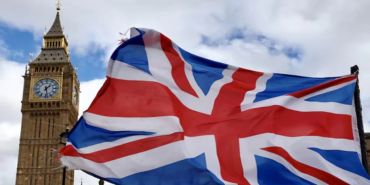
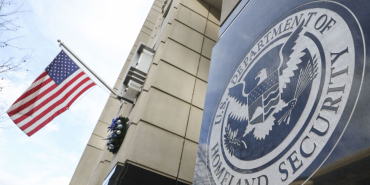
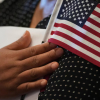
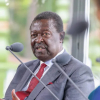


Add new comment